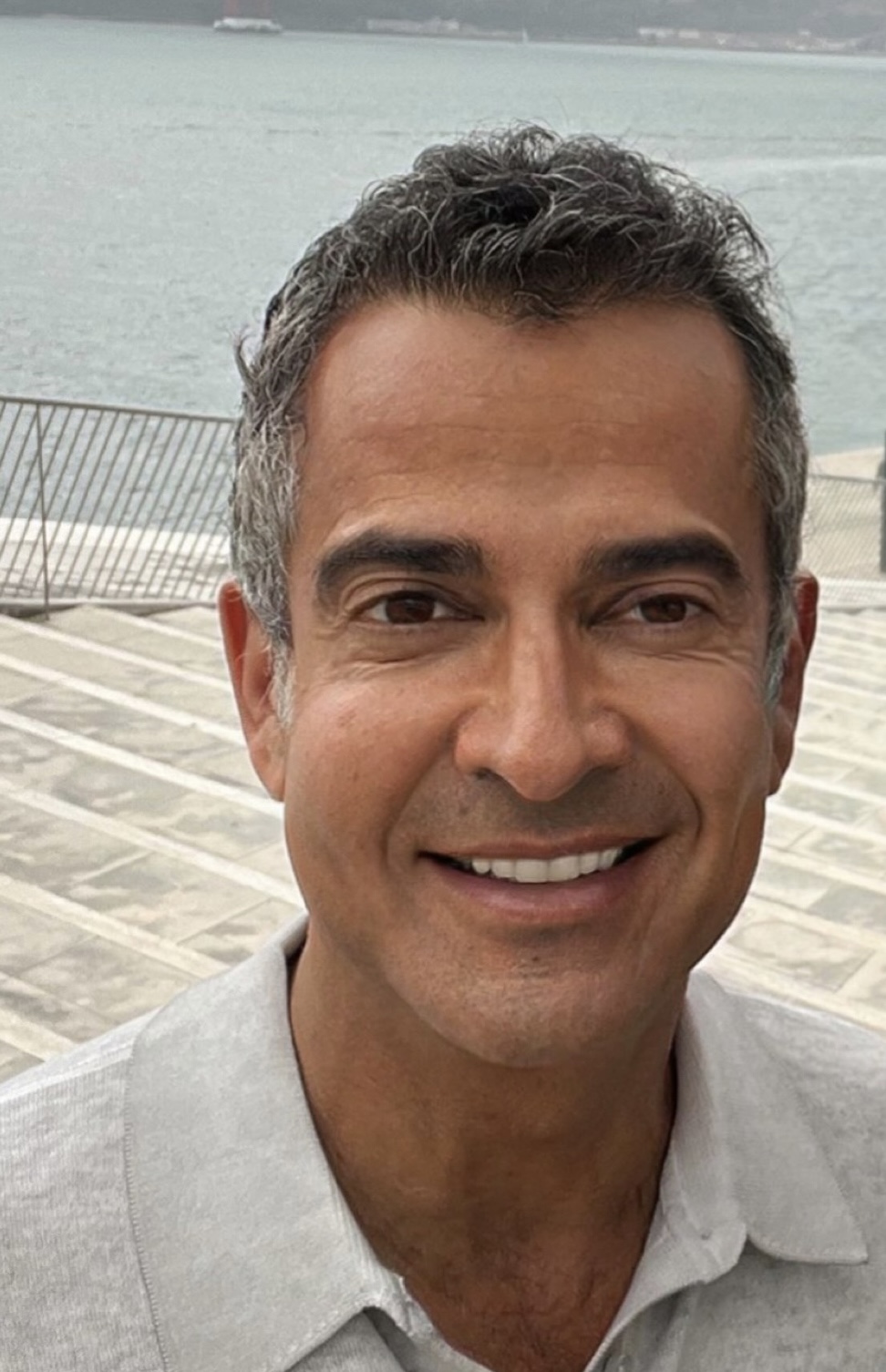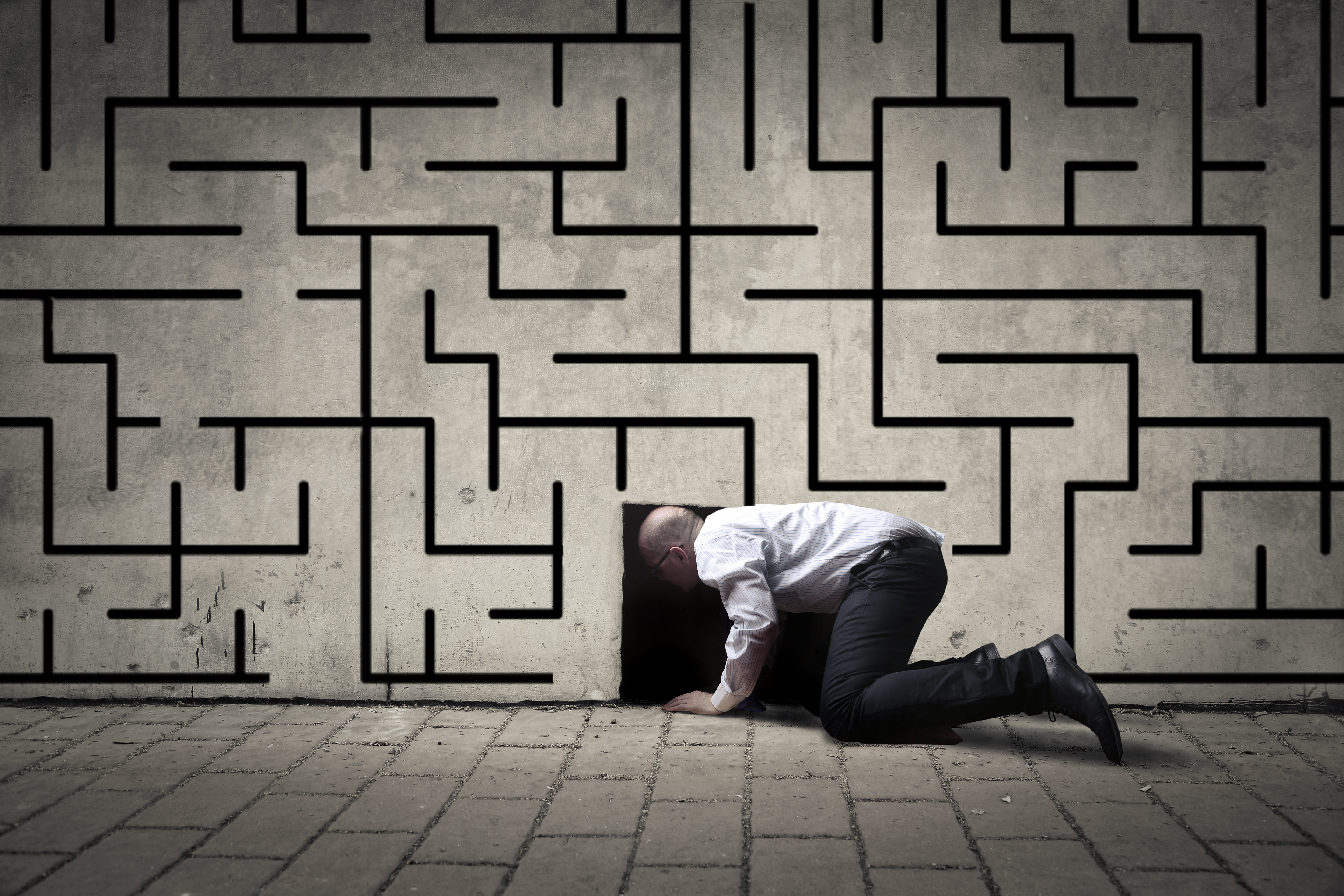Our world in the wake of COVID is more volatile, uncertain, complex, and ambiguous than ever. Humans crave certainty. It makes us feel good. When we believe we are certain of something, our brain releases dopamine. Yet,being rigidly certain can impair our judgment. When it comes to making big decisions or solving complex problems, it pays to be doubtful.
As a coach, I often work with clients to suppress self-doubt. Self-doubt undermines the confidence you need to make important, life-enhancing decisions. And once your intentional self has committed to a person, path or plan, doubt serves no other purpose, than to derail you.
When you’ve made a plan, doubt can be paralyzing or destructive. No surprise that doubt generates a strong, psychological threat response in our body which our brain has learned to avoid.
But on the way to figuring out what course of action you want to take, doubt is an essential helpmate. Before you dive with headlong certainty into a new job, a new house, or a new relationship, there is nothing more helpful than allowing yourself to dwell in the uncertainty – to be doubtful. Will I feel fulfilled in this new environment? What else do I need to know about this new partner before I commit?
I wasn’t sure if I was suited to life in the countryside, so before selling up in town and moving to the middle of nowhere, I rented a cottage. Turned out, my doubt was not unfounded. I discovered I was better suited to a dual existence of city and country living.
You may have become conditioned to believe that this kind of questioning displays a lack of confidence, but interrogating people and situations in this way is almost the opposite of elf-doubt. It’s about being sufficiently confident to raise questions and challenge societal agreements.
The philosopher, astronomer, and mathematician, Galileo Galilei is believed to have said, “Doubt is the father of invention”. Nicola Reindorp agrees. She’s the CEO of crisis Action who once doubted her own abilities to be a CEO, In the BBC Radio 4 program, Four Thought, she says we should rehabilitate doubt as a strength rather than a weakness in leaders
.“I’d seen my own doubts as negative, disqualifying me from leadership. I had seen others believe the same. But, I asked myself, aren’t the best leaders not the ones that say they have all the answers, but those who know they don’t? Not those who say they see it all, but those who ask whose perspective is missing? Rather than a deficiency to be hidden, maybe doubt should be seen as a power to be harnessed?”
Imagine a surgeon who did not question the need for a heart bypass operation, a judge who, before pronouncing their verdict did not ask themselves ‘What if I’m wrong or a scientist who did not push against accepted beliefs?’
If you’d like to explore what new ideas and discoveries emerge for you when you pause certainty and welcome doubt, here are some ideas.
1. Get into the habit of asking yourself: ‘What if I’m not right?’ Questioning yourself invites other, new and different possibilities.
2. Invite challengers. Deliberately seeking out people who are likely to oppose your views, is a useful way of testing out your ideas.
3. Stay aware of what you don’t know as well as how much you don’t know you don’t know – It will prepare you to respond openly when new information appears.
4. Help others to be OK with the uncertainty generated by your doubt. Let friends or colleagues know that you are going through a limited discovery period, in which you intend to play devil’s advocate. Communicate the likely duration of this period, and be clear that when you come out the other end of your interrogation, you will be much clearer and more committed.


